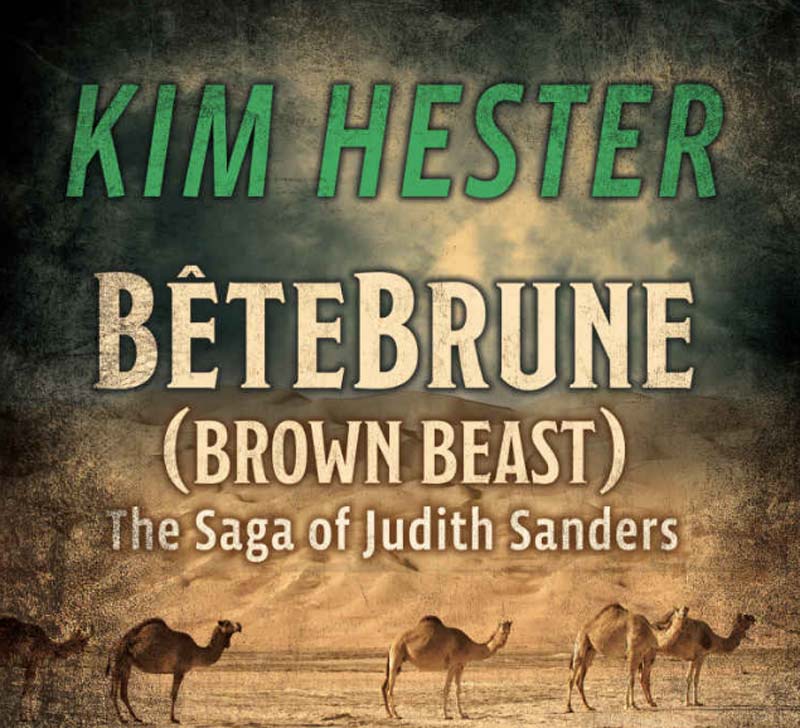This was a truly difficult book to read. Not stylistically; the author has a clear and concise style. The book’s content was severely off-putting, so filled is this novel with hate, stereotyping, and prejudice against the people of Saudi Arabia. Even the title betrays the author’s animus; the brown beast of this novel is not an animal, but a very evil anti-American prince, who plots to overthrow the monarchy and install himself in power.
Of course, it’s okay in a novel to have a character who is thoroughly malevolent; such is the stuff of fairy tales and Disney movies. But in this novel, with the exception of one woman who was abused by her husband, there are no Saudi Arabian people who are good, only evil. Even this woman is a stereotype, a cardboard figure who submits to her abuse and is not heard from again.
The heroine in this novel is the fictional Judith Sanders, a devout Catholic appointed by the United States government as a consul-general in Saudi Arabia, even though years before, while the Saunders were living in Saudi Arabia, terrorists brutally murdered her husband in front of her eyes . It seems unlikely that someone who experienced such a horror ever could be appointed as a diplomat in the very same country where she lost her husband, but verisimilitude was not a necessary ingredient in this severely flawed work of fiction.
Eventually, the American consul general and the lustful, evil Prince have a climactic showdown, but the inevitable battle between good and evil is not the only plot point in this novel. The widow Sanders is an attractive woman, but she rebuffs the invitations of the many men who find her desirable. Even beyond the death that did them part, she remains sexually pure for her dead husband. At one point, she even finds herself attracted to the Hindu idea of committing suicide to insure that her virtue remains intact.
Perhaps aware that readers of this novel might accuse author Hester of being xenophobic, he includes within the story a very approving examination of Hindu Indian culture, such as that which his heroine encounters on the South Pacific island of Fiji, which has a sizeable Indian population.
We find too that the consul general is deeply affected by the Christian ideal of forgiveness, but we can take no comfort in the fact that she may extend such forgiveness even to the evil prince. Forgiving only makes her own character more noble, while still painting those of the Saudis as violent and vile.
It is unfortunate that Kim Hester was unable to produce a more nuanced novel in which we could meet good, bad, and morally indifferent Saudis; in other words, as real people, rather than as dehumanized villains. If ever this world is to know peace, we need fewer novels of this type, and more of those that deal with humanity in all its complexity.
Republished from San Diego Jewish World


























